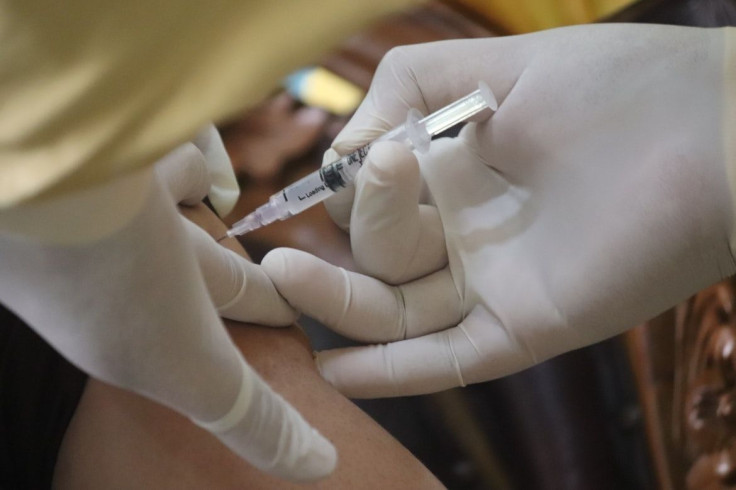South African researchers said Thursday that they had found evidence individuals who had contracted coronavirus once are at a higher risk of reinfection with the Omicron variant.
It is too soon for them to know for sure. But according to their recent study, a current rise in second infections suggests that Omicron is more likely to reinfect individuals.
The study team was led by Juliet Pulliam, director of the South African Centre for Epidemiological Modelling and Analysis at Stellenbosch University. She said that contrary to their experience and expectations with the other variants, they are now experiencing "an increase in the risk of reinfection that exceeds" their prior experience.
We find evidence of increased reinfection risk associated with emergence of the #Omicron variant, suggesting evasion of immunity from prior infection. @scienceSUN @NRF_News pic.twitter.com/sGYTevmyGc
— Juliet Pulliam, PhD (@SACEMAdirector) December 2, 2021
Omicron was identified last month but has worried World Health Organization (WHO) and other global health experts, who see it as a variant of concern.
Reports of infections covering nearly three million people in South Africa since the beginning of the pandemic were looked at by the researchers in South Africa. They included information about more than 35,000 individuals who were diagnosed more than once with coronavirus, reported CNN.
They wrote in their report, which has not been peer-reviewed or published in a medical journal, that the team identified 35,670 people with at least two suspected infections (through Nov. 27, 2021), more than 330 people with suspected third infections, and one with "four suspected infections."
In the report that was posted online in a preprint, they said that among the people who have had more than one reinfection, 47 experienced their third infection last month, which suggests that "many third infections are associated with transmission of" the new variant.
Vaccination was not taken into account in this study and it could not account for possible waning of immunity over time.
While vaccines have generally shown to help protect the body, reinfection turns up in the nose, said Dr. Michael Ryan, the head of emergencies at WHO. He added that it doesn’t always mean that the person will end up having severe disease, according to Associated Press.
Before the emergence of Omicron, the most prevalent variant in South Africa had been Delta, which remains the dominant variant across the globe.

© 2025 Latin Times. All rights reserved. Do not reproduce without permission.





